Australia became the first country to restrict the sale of vapes to pharmacies when its new laws surrounding vaping products came into effect on Monday, stipulating sentences of up to seven years in prison and million-dollar fines.
The law forces nicotine consumers who want a therapeutic vape to help quit smoking combustible cigarettes to consult their general practitioner and obtain a prescription to buy a therapeutic device from pharmacies.
These products, whose access will be tightly controlled, will have plain packaging, and the flavors will be limited to tobacco, menthol and mint, according to media reports.
“Australia has led the world in pushing back on Big Tobacco and fighting for the health of our citizens and we’re proud to continue that effort,” Australian Home Affairs Minister Claire O’Neil said in a statement released on Monday.
Consumers over 18 years of age will be allowed to buy vapes with a maximum nicotine concentration of 20 mg/ml without a prescription until Oct. 1.
Under the new reforms, businesses or individuals selling vapes will face a maximum sentence of seven years in prison and a fine of up to AU$2.2 million ($1.47 million), while companies that produce them would be subject to a maximum fine of around AU$22 million.
The measures are part of amendments to the Therapeutic and Other Products (Vaping Reforms) Legislation 2024, which prohibits importing, manufacturing, distributing, and commercial possessing these devices, except with a license and special permit.
The Australian government appointed Erin Dale as Commissioner for Tobacco and Illicit Electronic Cigarettes. Dale will assume the position on an interim basis on Monday until a formal appointment is made to intensify the fight against the expected rise in nicotine products on the black market.
“Illegal tobacco is no different to any other illegal product – if you attempt to bring it into our country, you will be met by the full force of our border protection agencies,” O’Neil said.
Several major pharmacy chains in Australia have stated that they will not stock vapes once their sale is prohibited outside of pharmacies and a prescription requirement for adults is lifted.
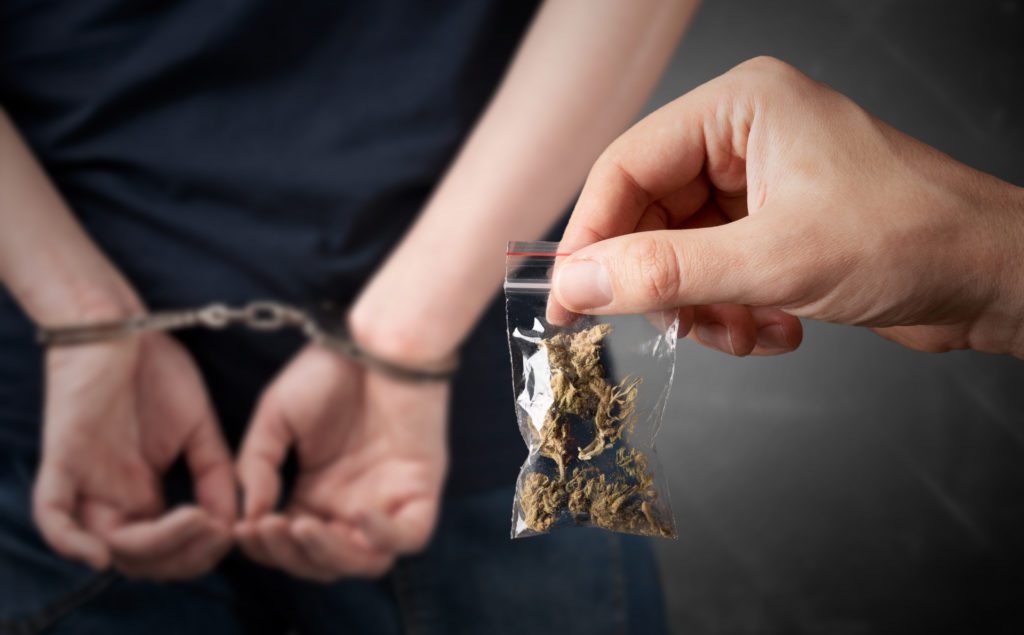

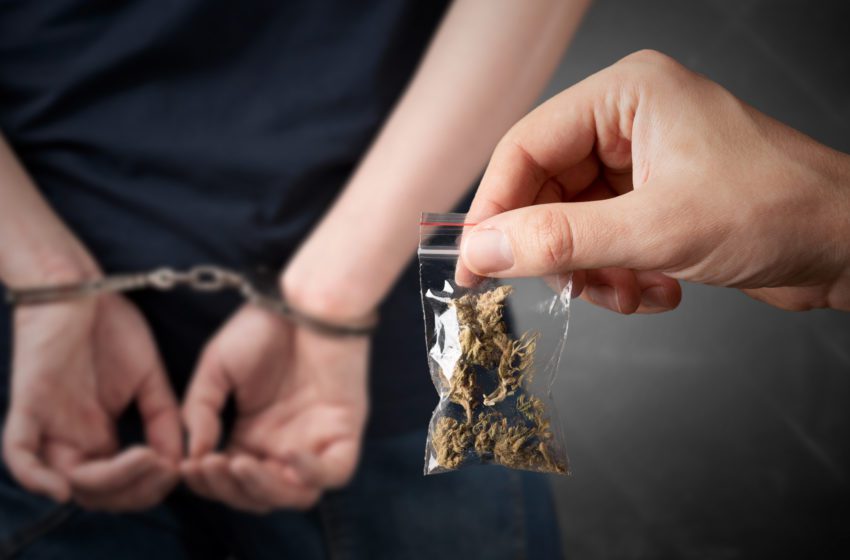
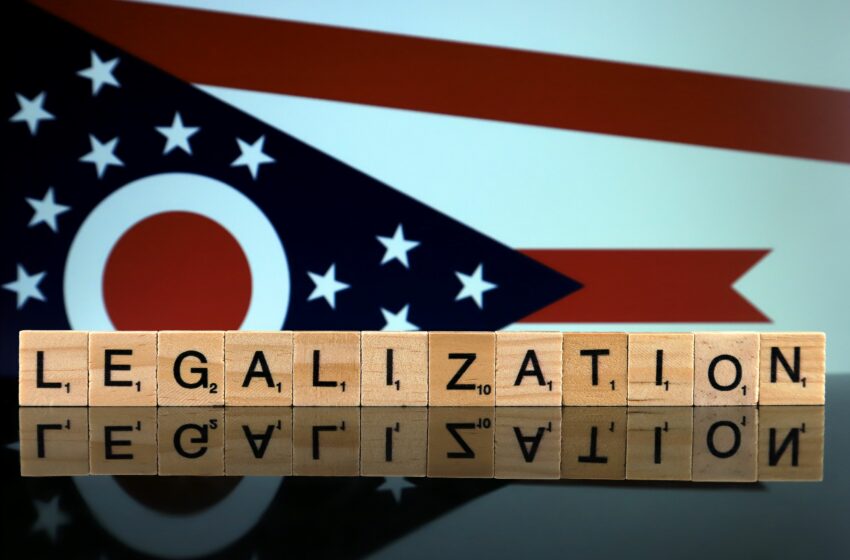
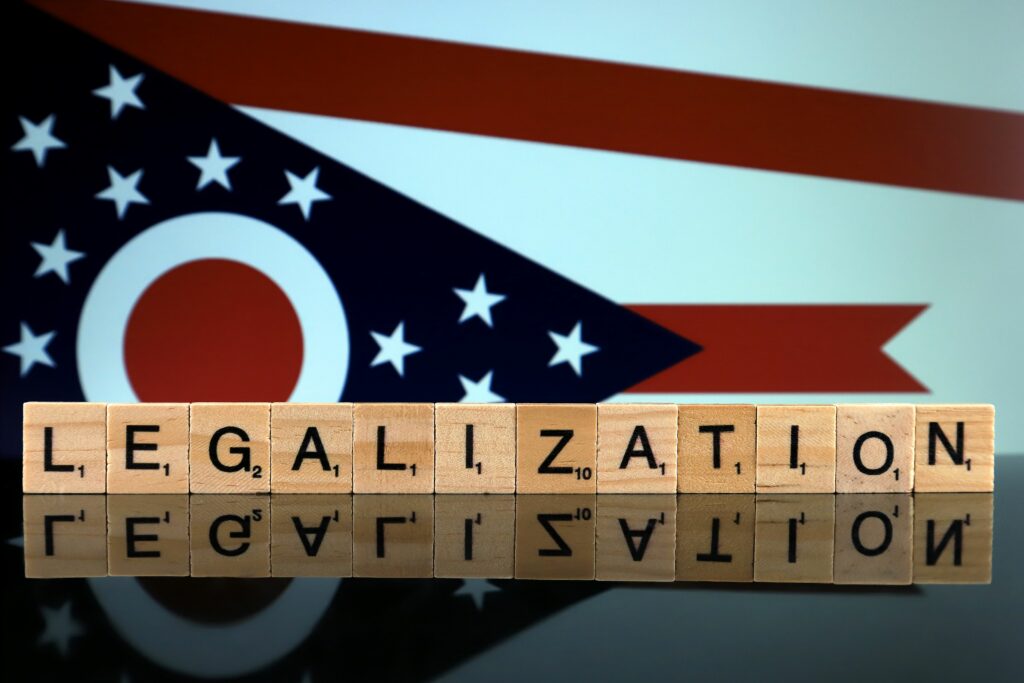


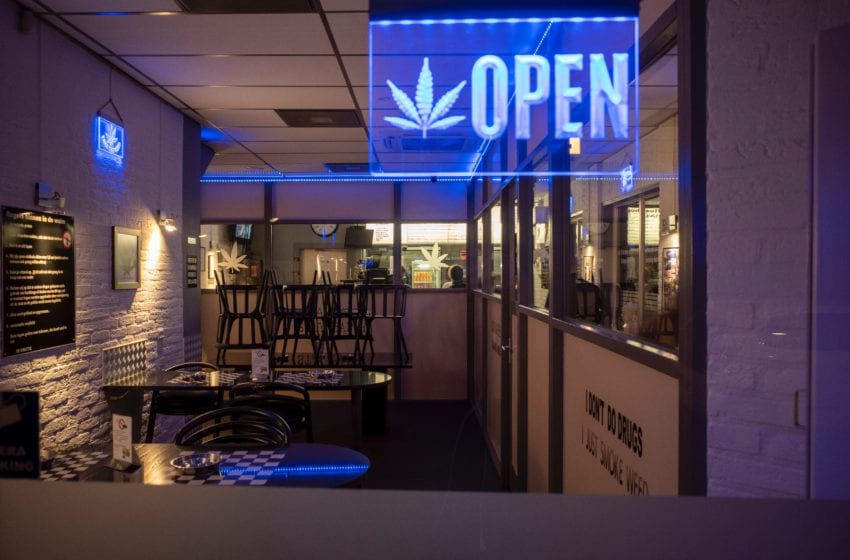
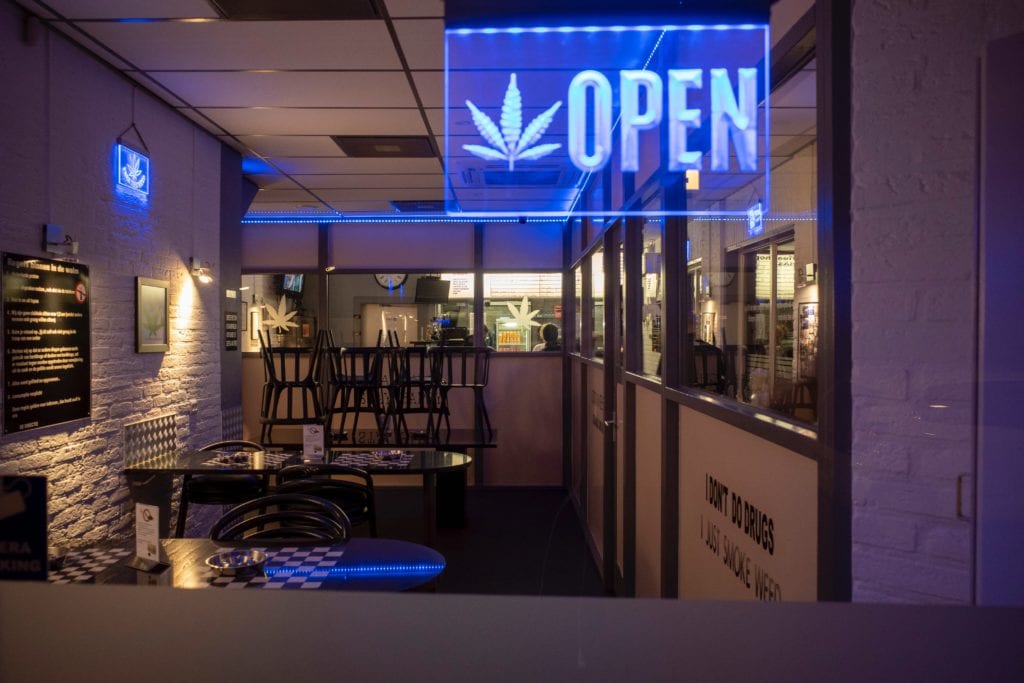




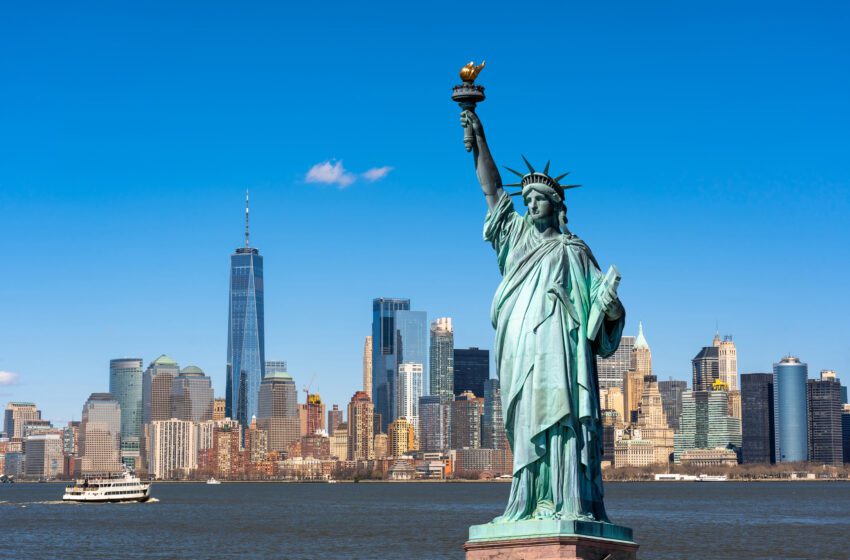




 The U.S. Supreme Court agreed on Tuesday to hear the U.S. Food and Drug Administration’s defense of the
The U.S. Supreme Court agreed on Tuesday to hear the U.S. Food and Drug Administration’s defense of the 
